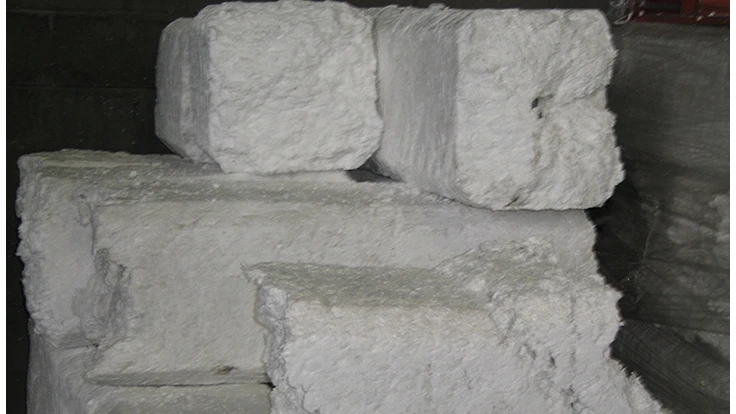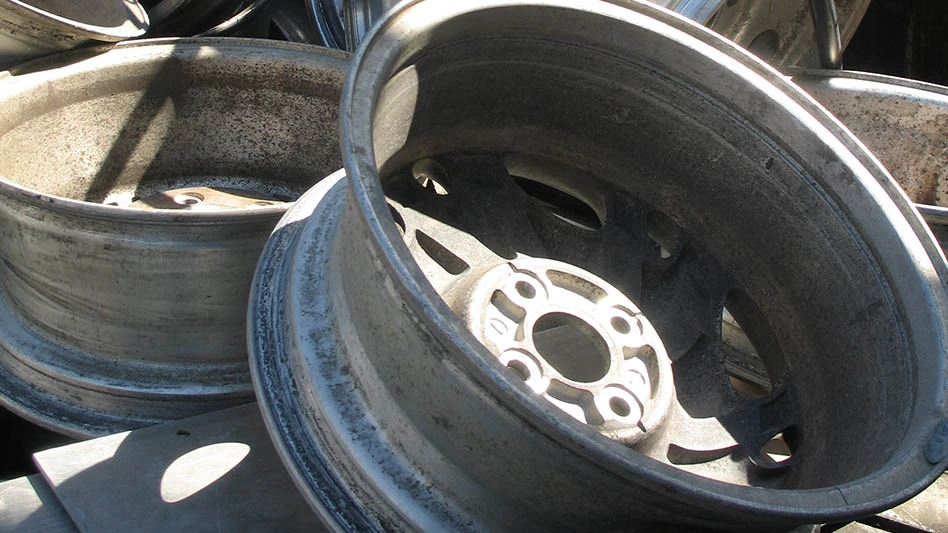
Minneapolis-based retailer Target Corp. has “agreed to engage” with its supply chain regarding phasing out polystyrene foam packaging from its online retailing operations, according to the Oakland, California-based nonprofit organization As You Sow.
As You Sow says that as a result of the company’s willingness to work with its “value chain and industry peers to discuss replacing foam with less harmful alternatives,” it has subsequently agreed to withdraw a shareholder proposal to Target that had asked the company to phase out polystyrene in its e-commerce operations. An alternative material for such applications is molded pulp, often made from recycled paper.
Polystyrene foam used for direct-to-consumer packing materials is rarely recycled, As You Sow says. “More than 100 U.S. cities or counties and nine countries have banned or restricted foam packaging in various forms,” states the group.
As You Sow filed shareholder proposals with Target and with Amazon.com, asking the companies to assess the reputational, financial and operational risks associated with continued use of foam packing materials and a timeline to phase out its use.
“We are pleased that Target has committed to work with corporate partners and peers to press for alternatives to environmentally harmful foam,” says Conrad MacKerron, As You Sow senior vice president.
Dell and Ikea previously announced reduction or phase out of polystyrene foam as a packing material, adds MacKerron. McDonald’s Corp. switched from foam to paper cups in 2013 after a shareholder engagement with As You Sow.
As You Sow says its corporate engagements are part of an initiative “to move companies using disposable plastics to recycle, redesign, reduce or phase them out as quickly as possible.”
Latest from Recycling Today
- RMDAS April figures show recycled steel price setback
- Steer World offers PEX plastic recycling machine
- New recycling grant program launches in Massachusetts
- Tire Recycling Foundation names executive director
- Dock 7 named 2025 Exporter of the Year at New Jersey International Trade Awards
- Waste Connections reports ‘better than expected’ Q1 results
- Commentary: How EPR is transforming the packaging industry
- Acerinox names new North American Stainless CEO





